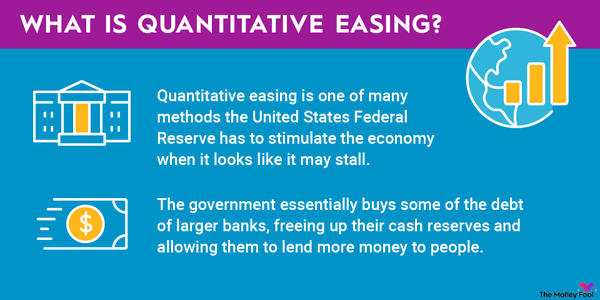If you've been considering changes to your home's title or want to transfer ownership to someone within your family, you may be thinking about using a quitclaim deed to do it. Read on to learn more about this type of real estate deed and when they're appropriate tools.

What is it?
What is a quitclaim deed?
A quitclaim deed, as the name implies, is a deed that allows you to change the owners of real property by allowing current owners to simply "quit" their claim. Meaning, of course, that the owners are giving up their rights to their property in favor of someone else.
A quitclaim deed is a very simple document that implies no warranty or guarantee beyond the person quitting the claim and giving up their rights, if any, to the property. It's the "if any" part that should cause people to sit up and pay attention. You should never accept a quitclaim deed from someone you don't know very well. Many a common swindle has originated with a quitclaim deed.
Quitclaim vs. warranty
Quitclaim deed versus warranty deed
There are two main ways to transfer property: the quitclaim deed and the warranty deed. A quitclaim deed simply says that you give up any rights you may have to the property to the new owner but cannot guarantee that you actually have any rights to the property. It generally does not require a title search or title insurance to issue.
A warranty deed, on the other hand, guarantees that the person transferring their ownership in the property owns it and that no one else holds a claim to it. Warranty deeds are generally used when you buy real estate from a stranger and often require a title insurance policy to issue.
Uses
Quitclaim deed uses
The "if any" ownership clause may make it seem like a quitclaim deed is a useless piece of history, but the truth is that they're still utilized plenty. When you know the owner of the property well, a quitclaim deed is generally not an issue. Common uses for quitclaim deeds include:
- Removing a former spouse from a family home post-divorce
- Adding a new spouse to a property's title
- Gifting real estate to a child or other family member
- Transferring property to a living trust
- Fixing minor errors on existing titles
- Cleaning up title clouds
In each of these situations, the transactions are between trusted parties whose history of the real estate is known, so title insurance is unnecessary, and a warranty deed is often overkill.
Pros and cons
Pros and cons of quitclaim deeds
Quitclaim deeds have their place in the real estate ecosystem, especially for their ease of use. Anyone can draw up and execute a quitclaim deed in most states as long as it's notarized and recorded. This can save a lot of money on title work when you already know the property's history and are simply changing the owner.
However, this can also be the downfall of a quitclaim deed when used incorrectly. In the past, real estate scammers would quit their claims on properties for a price, only for the person who believed themselves to be the new owner to discover they own nothing. That "if any" in the surrendering of rights carries a lot of power.
Related investing topics
If you use a quitclaim deed for a real estate transaction, be sure it's with someone you trust and for a property whose history you already know. Otherwise, you may find that you own nothing and have been bilked out of considerable funds.
Fortunately, a requirement for title insurance generally protects people who have to secure a mortgage to purchase a home since you can't usually get title insurance with a quitclaim deed alone.






